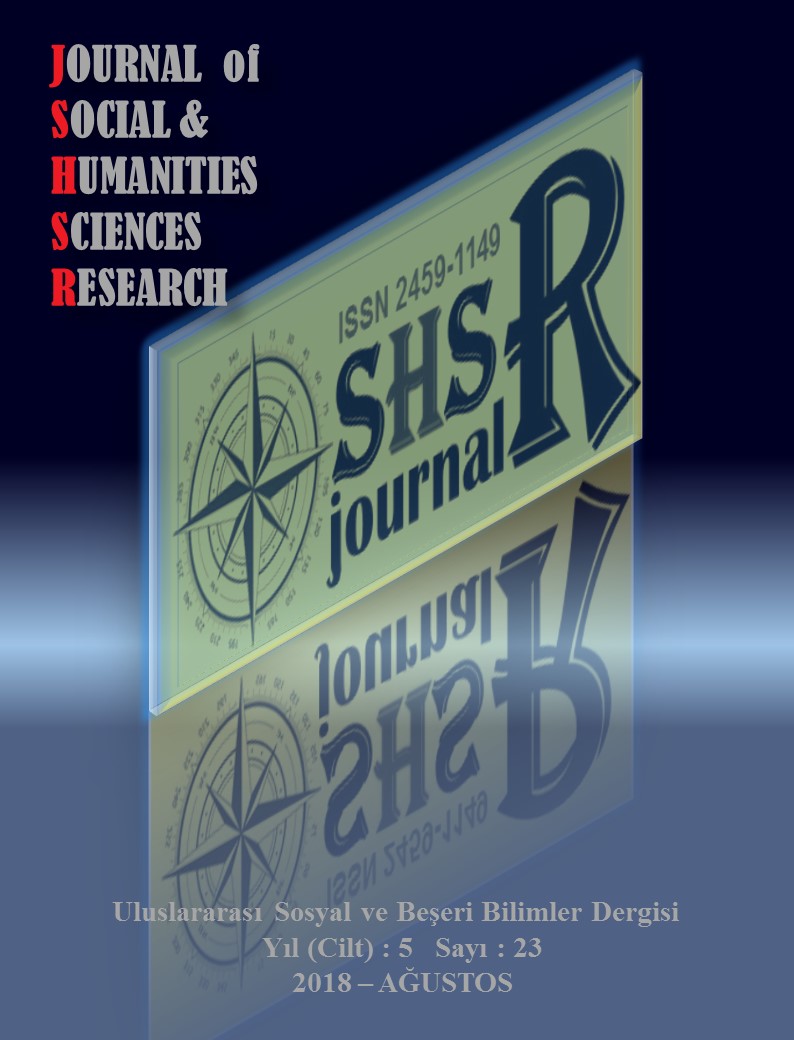VOCATIONAL HIGH SCHOOL STUDENTS' VIEWS TOWARDS DISTANCE EDUCATION COURSES
DOI:
https://doi.org/10.26450/jshsr.467Keywords:
Distance education, vocational college, compulsory coursesAbstract
Developments in information and communication technologies have provided many opportunities for education. Distance education has a significant place especially in studies aimed at providing equal opportunity in education. Distance education is a teaching model in which students and instructors perform learning activities through technological tools independently of time and place. Compulsory courses like Turkish Language and Foreign Language are carried out by distance education at Mustafa Kemal University. In this context, the aim of this study is to determine the opinions of vocational high school students regarding the delivery of such courses by distance education. The study was conducted with qualitative research method. The data were collected from 24 freshman students attending three vocational colleges through a semi-structured interview form consisting of open-ended questions prepared by the researcher. Questions about the positive and negative aspects and success status of the distance education which is conducted, the role of the instructor and the student, the problems encountered were asked to the students. The data were evaluated by descriptive analysis. As a result of the research, it has been determined that although a few of the students find successful, they generally find the system unsuccessful and inefficient. It is indicated by the students that system based problems, problems in the internet access and providing of tools like computer etc., for some students absence of the technological infrastructure which is necessary for usage of the system, the inability of asking any questions which is arising from the not attending the classes live and comminucate with instructor are the reasons of their opinions and these reasons are lead to their failure. Due to the classes are conducted online and it is possible to access the course videos at any time even after the classes, it is determined that they face with loosing attention arising from not being able to provide the course discipline as much as attending classes live and they prefer to attend the classes face to face. In addition, it was determined that accessing the course videos and notes at any time and any place they wanted without going to the school is the positive aspects of distance education
Downloads
Published
How to Cite
Issue
Section
License
Copyright (c) 2018 INTERNATIONAL JOURNAL OF SOCIAL HUMANITIES SCIENCES RESEARCH

This work is licensed under a Creative Commons Attribution 4.0 International License.


